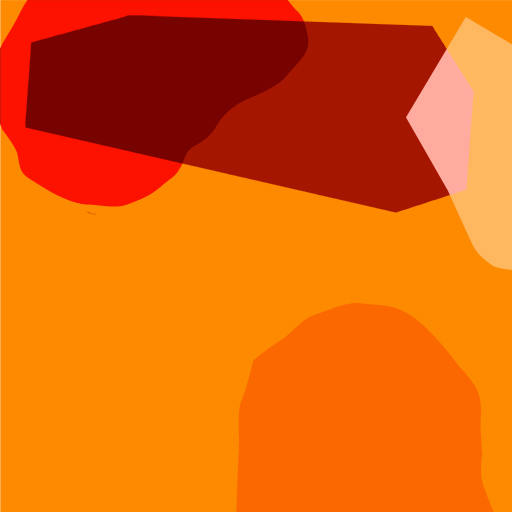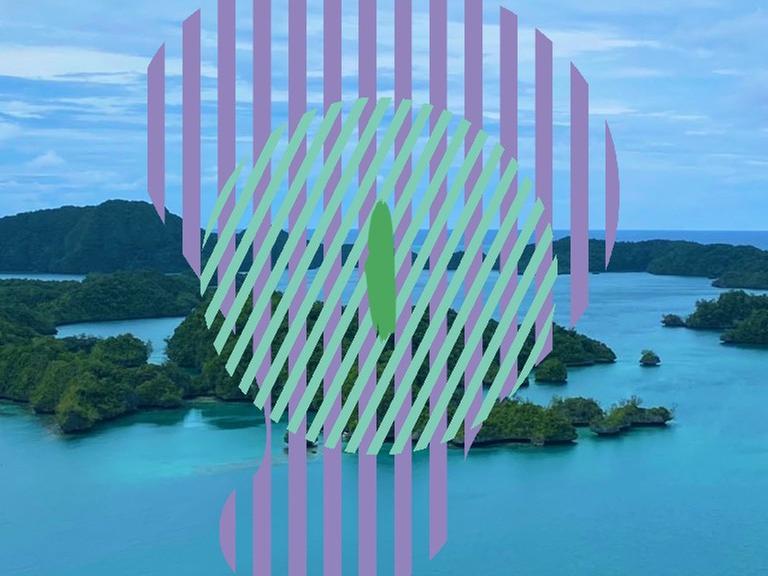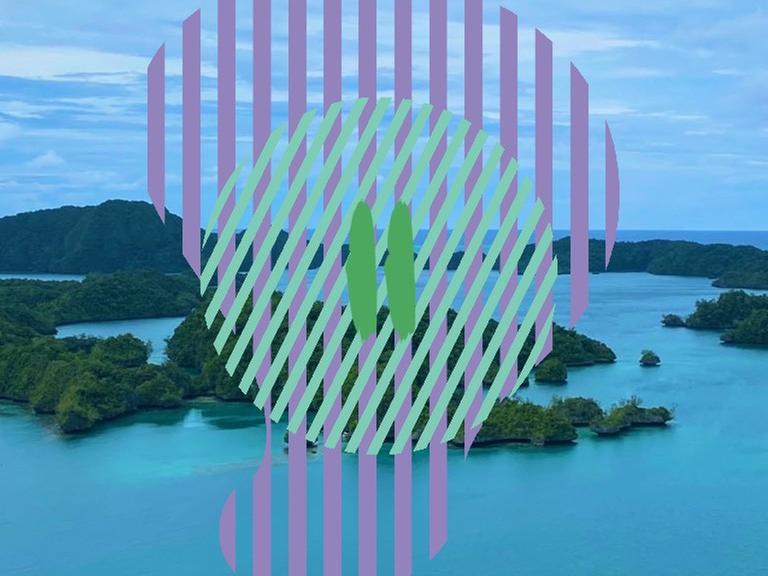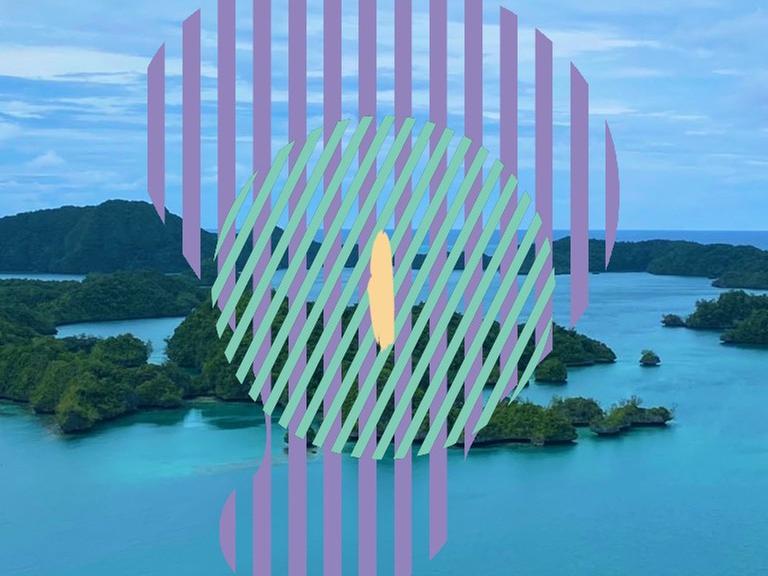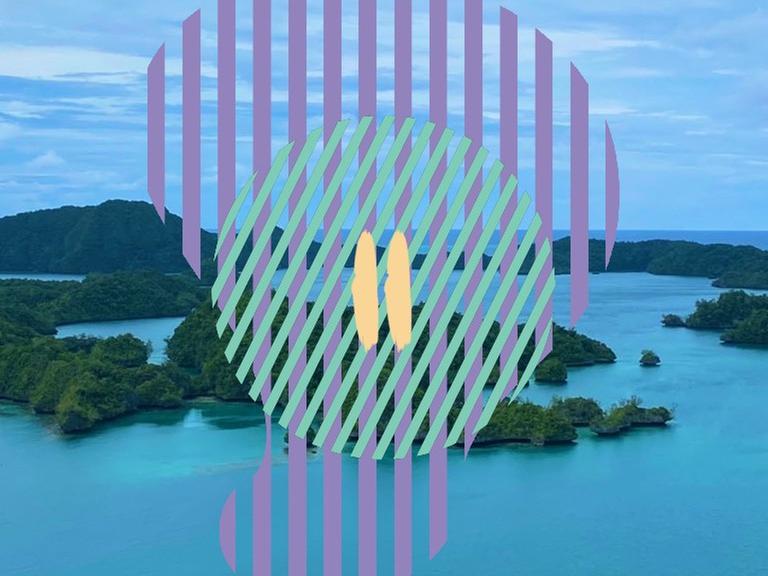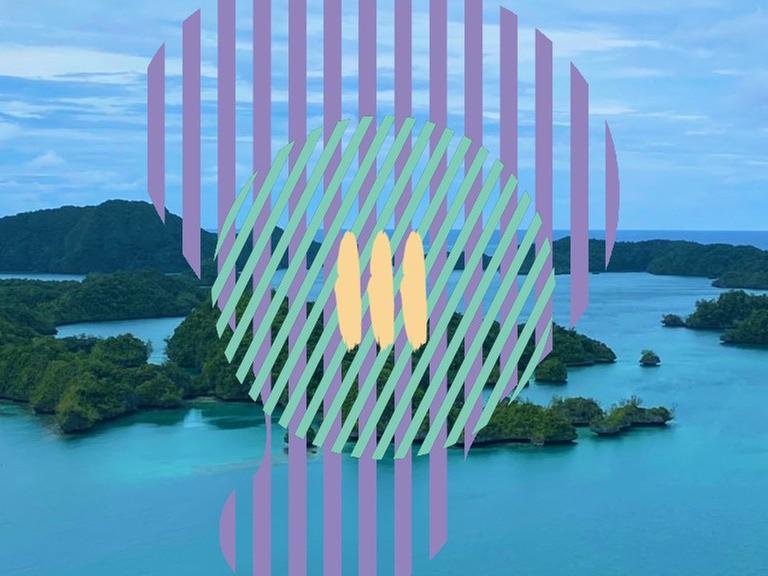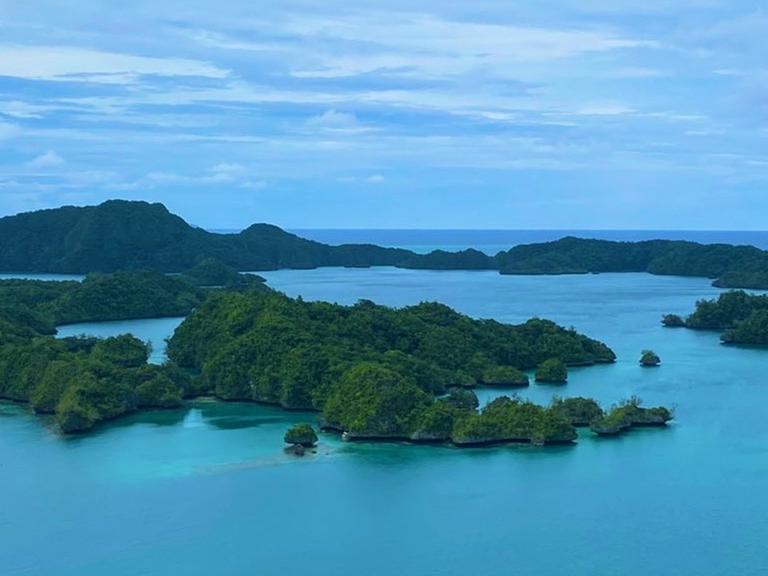Listening across fault lines (3/3)
Stories of oceanic life
By AM Kanngieser, Mere Nailatikau and Eliki Reade
Directed by the authors
With: Lydia Jacob, Unaisi Nabobo-Baba, Simione Sevudredre, Teweiariki Teaero, Philip Tacom and Mere Nailatikau
Field Recording: AM Kanngieser
Composition: Daniel Jenatsch
Production: Deutschlandfunk Kultur 2023
Length: 21‘10
Listening across fault lines (3/3)
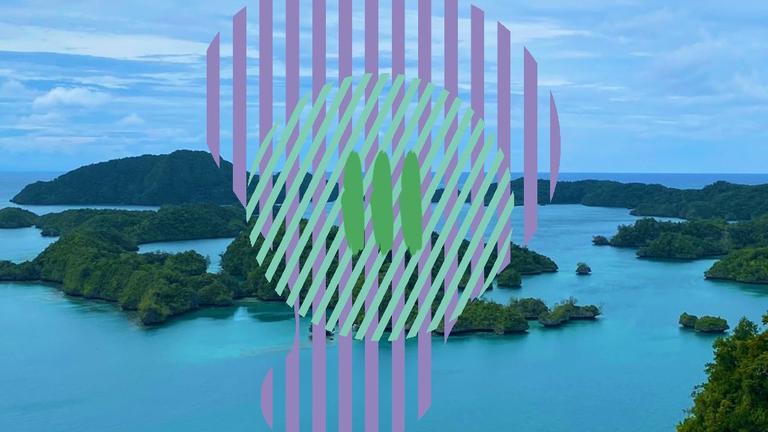
AM Kanngieser is a writer, geographer and sound artist who focuses on the connections and relationships between people, places and ecologies. Over the past several years they have amplified movements for self-determination in Oceania, where the legacies of ongoing colonisation through resource extraction and environmental racism intersect with the impacts of the climate crisis. Their audio work has been featured on, and commissioned by, Documenta 14 Radio, BBC 3, ABC Radio National, The Natural History Museum London, Arts Centre Melbourne, Radio del Museo Reina Sofía, Deutschland Radio and QAGOMA, amongst many others.
Eliki Reade is an Interdependent Producer and artist of kailoma-Fijian (Fijian/European) heritage with 6 years experience in creative production both independently and institutionally, particularly focused in the Community Art and Cultural Development (CACD) sector. Eliki works with many forms of storytelling and the ways it is creatively embodied, engaging with work that centres the practice, creating critical connection. They have produced and curated across Next Wave Festival, Melbourne Fringe Festival, Emerging Writers Festival, Midsumma Festival, Due West Arts Festival, Arts House, Footscray Community Arts, Blak Dot Gallery, Wyndham City Cultural Centre, and SIGNAL.
Mere Nailatikau is a storyteller and independent consultant, working in research, communications and public diplomacy. Currently a Fulbright scholar at the University of Minnesota’s Humphrey School of Public Affairs, Mere has worked in media, the creative arts, civil society and aid-funded organizations. Her writing has been published in the Commonwealth Writers Blog, Climate Tracker, Islands Business, DevPolicy and The Lowy Institute’s Interpreter. She co-founded the Two Fishes podcast, hosted and produced Season 2 of the World Bank-funded Vosa podcast, and continues to consult independently for a variety of creative and development organizations.
Daniel Jenatsch makes interdisciplinary works that explore the interstices between affect and information. His work combines hyper-detailed soundscapes, music and video to create multimedia documentaries, installations, radio pieces and performances. He is the winner of the 2020 John Fries award. His works have been presented in exhibitions and programs at ACMI, ACCA, UNSW, Arts House, Kunstenfestivaldesarts, the Athens Biennale, NextWave Festival, Australian Centre for the Moving Image, Liquid Architecture Festival, the Museum of Contemporary Art, Sydney, and the MousonTurm, Frankfurt.
